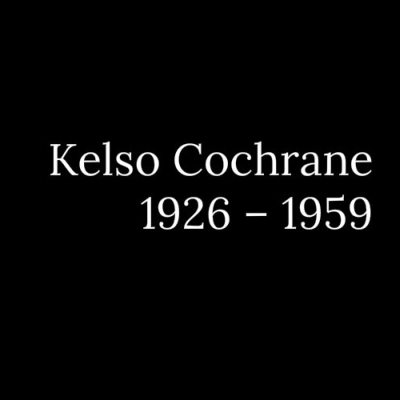John Hawkins effectively set the pattern that became known as the English slave trade triangle.
British racists

When fighting insurgents in Sudan in his early career, Mr Churchill boasted of killing three “savages.”

The report includes a secret recording of an Indian man refused a hair cut from a local barber.

“It should be remembered that what they would accept as good living conditions are those which might well be much below a satisfactory standard for white people.”

Kelso Cochrane moved to London from Antigua in 1954, where he settled in Notting Hill and worked as a carpenter. He planned to study law and was saving money earned from his work to pay for his tuition fees.

Crowds of white youths, reportedly numbering 400, chased the Caribbean population in the area. Petrol bombs and milk bottles were launched as missiles, and some rioters armed themselves with iron bars and butcher’s knives. There were counter-attacks by Black youths similarly armed in self defense.

Tensions between members of the white working class and the new African Caribbean residents broke into open violence in 1958 and 1959 with attacks by white youths (‘Teddy Boys’) on Caribbean people and properties, followed by counter-attacks by members of the Caribbean population.

As importantly, they joined with a growing number of political activists to demand independence from Great Britain. That independence finally came thirty- one years later on July 10, 1973.

New Cross is fundamental because it contains all the features of racism that Black people in Britain have long suffered: the racial violence, police abuse, neglect by the state; in turn, it tells us of the community’s resistance. Forty years on, recalling the events seems vital, especially in this moment of renewed optimism after the Black Lives Matter protests, because the legacies of New Cross still resonate.

Her own place in that history is being reclaimed. This year, the annual British Journalism awards awarded the inaugural Barbara Blake-Hannah prize to the Independent’s Kuba Shand-Baptiste. The award for up-and-coming minority ethnic journalist also had the coolest prize – to fly out to Jamaica to meet Blake-Hannah.

